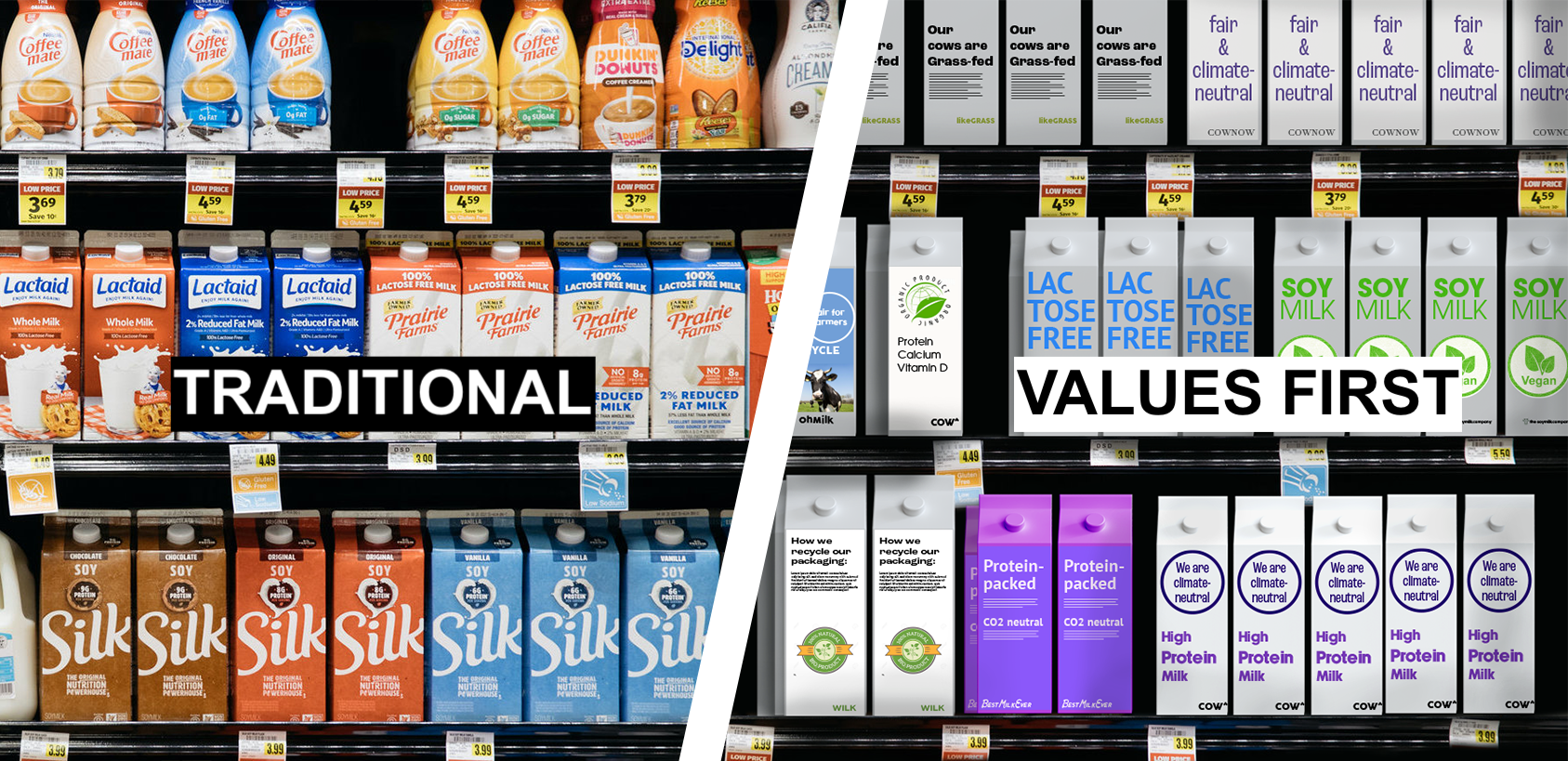As you stroll through the supermarket, the vast array of products on display can be overwhelming. The shelves are lined with items of all shapes and sizes, each vying for your attention. In this modern era, consumers have become more discerning, seeking out products that align with their values and beliefs. As a result, the packaging of these products has evolved into a canvas for conveying messages of sustainability, ethics, and responsibility. It’s a world filled with labels boasting terms like “vegan,” “organic,” “biodegradable,” and many others.
But as you examine these labels, you may find yourself wondering: Do they truly represent the values of the brand, or are they simply marketing tactics designed to cash in on the latest trends? Are these labels genuine indicators of the company’s commitment to sustainable practices, or are they just cleverly designed stickers meant to sway your purchasing decisions?
In a rapidly changing marketplace, where consumers are increasingly demanding transparency and authenticity, a new vision for branding is emerging. It’s a vision that turns the traditional approach on its head, placing values and ethics front and center. It’s a vision that aims to provide clarity in a market saturated with similar products and competing claims.
Imagine, for a moment, a supermarket where the packaging of every product serves as a clear and unambiguous statement of its values. Instead of relying on a multitude of labels and certifications, the packaging itself boldly declares what the product stands for. Picture yourself picking up a carton of strawberries, and right there on the packaging, it proudly proclaims, “Locally grown strawberries, fully recyclable packaging.”
No need to hunt for tiny symbols or decipher complicated labels; the information you need is right in front of you.
In this vision of the future, the brand becomes synonymous with its values and propositions. Rather than relying on a clutter of sustainability labels to convey their commitment to ethical and sustainable practices, companies will use their brand as the ultimate endorsement of these values. The brand logo, prominently displayed on the packaging, serves as a guarantee of authenticity, assuring consumers that what they see is what they get.
This shift in branding philosophy has the potential to revolutionize the way we shop and make choices. It empowers consumers to make informed decisions based on their values and preferences, rather than being swayed by flashy labels or confusing jargon. It encourages brands to be genuine in their commitments, as any deviation from stated values would be immediately noticeable and detrimental to their reputation.
Imagine once more walking through that supermarket of the future, where every product proudly displays its core values, and the brand logo serves as a beacon of trust and integrity. Clarity reigns supreme, and consumers can navigate the shelves with confidence, knowing that the products they choose align with their beliefs.
The future of branding is not about concealing values behind a facade of labels but about proudly and transparently declaring those values to the world. It’s about making it easier for consumers to connect with brands that share their convictions. It’s a vision of branding that fosters trust, authenticity, and a sense of purpose. In the chapters ahead, we will delve deeper into this transformative approach to branding and explore how it can shape the future of commerce, encouraging businesses to be not just profit-driven but values-driven.

